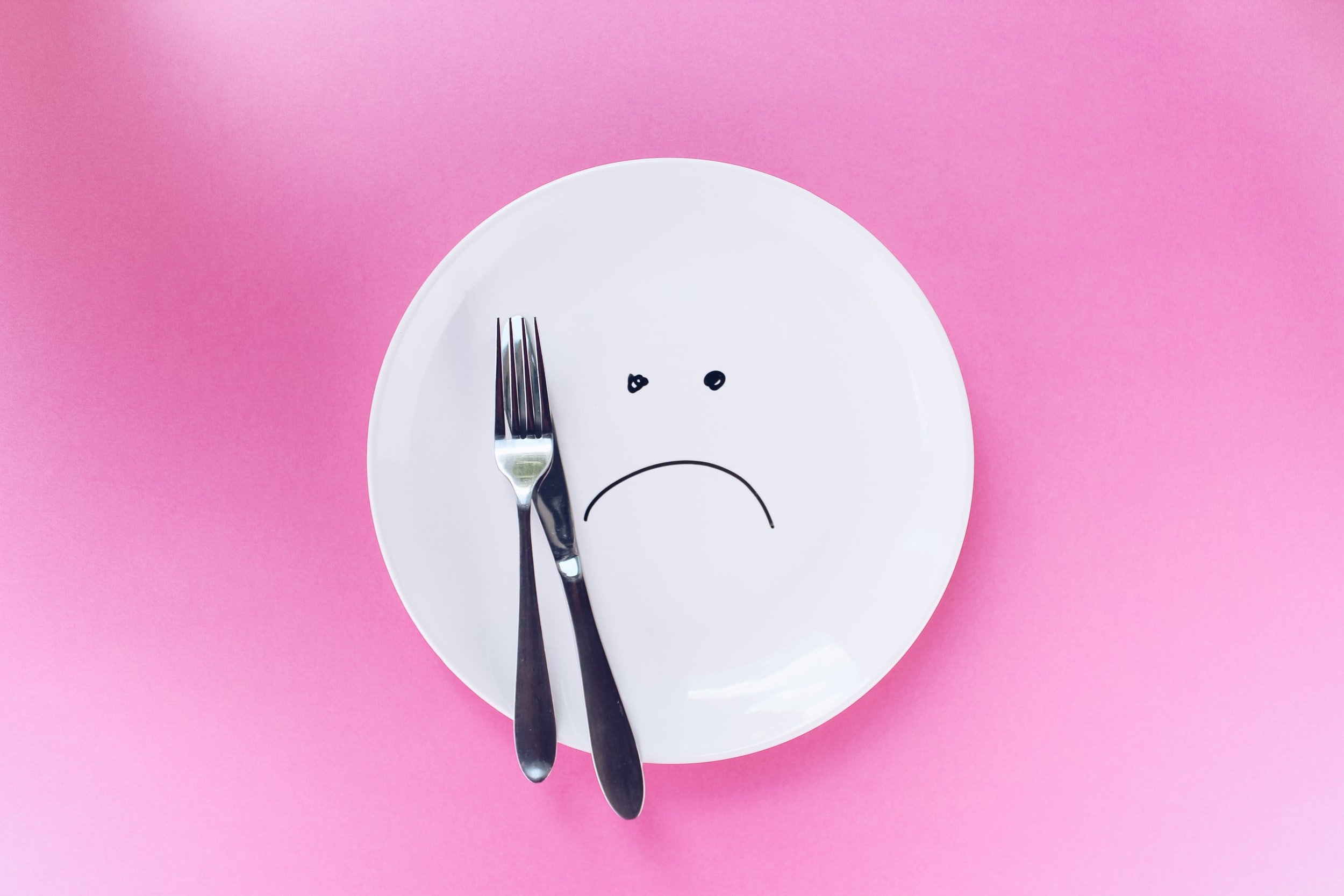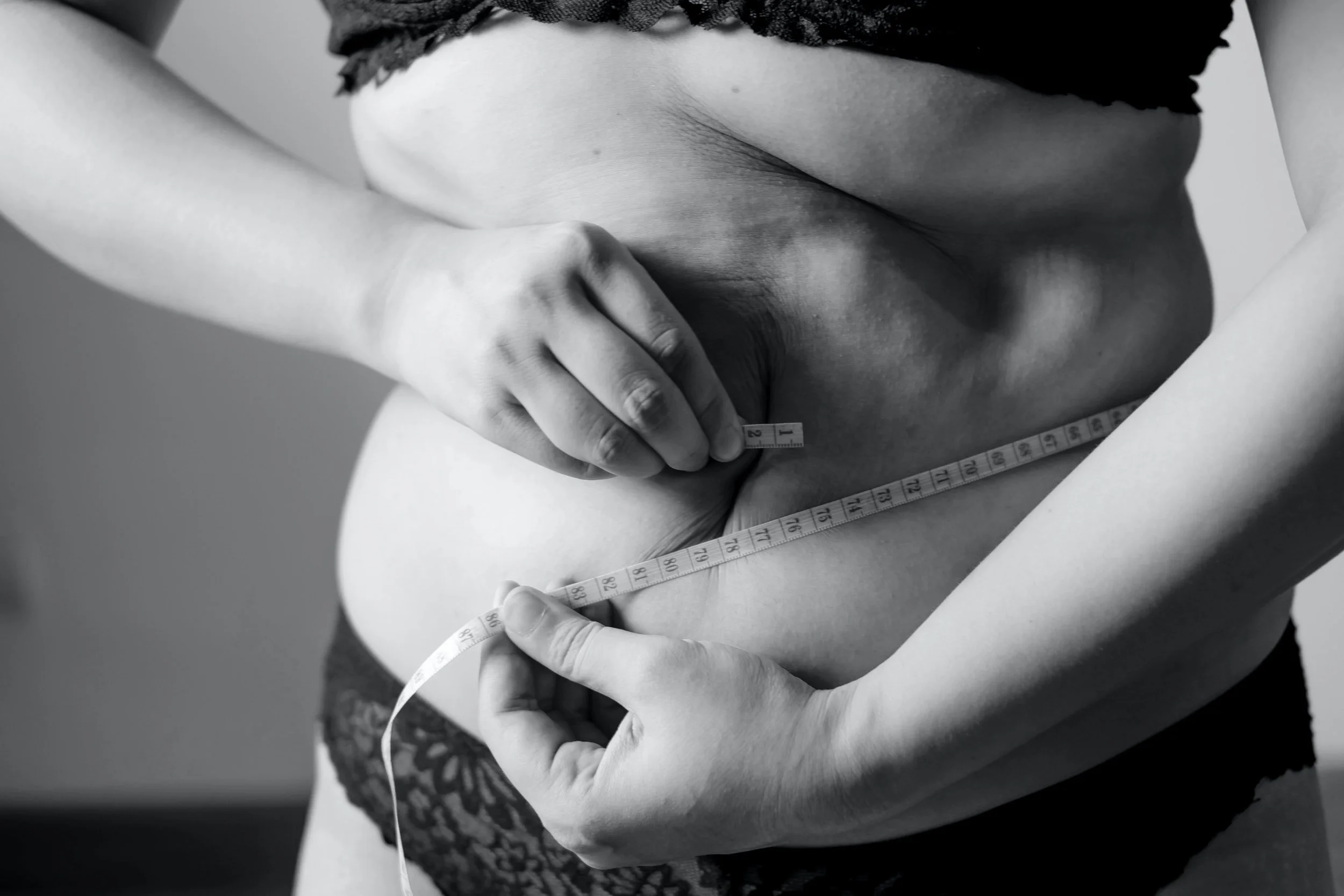Disordered eating behaviours: How to spot them and the mindset practices that can help.
I’m not gonna lie, this one is always a hard one for me to write about, both because it’s very personal and also because I coach so may athletes that seem healthy on the outside but are struggling on the inside.
What are disordered eating behaviours?
Its really important to differentiate between a diagnosed eating disorder and a series of disordered eating habits. They are not necessarily the same, a person with disordered eating behaviours might not have an eating disorder.
What is the difference?
The most common diagnosed eating disorders are anorexia nervosa, bulimia, and binge eating. Eating disorders are mental health conditions where individuals use food to help them soothe the discomforts and struggles of every day situations.
The definition of disordered eating behaviours on the other hand is much wider and can include behaviours that include:
Eating in a way that doesn’t meet the physiological needs for example, eating pass the point of feeling full or purposely skipping meals. In other words eating too much or too little
Eating behaviours that interfere with an individual’s personal connection with themselves. This may come in the form of having specific beliefs about yourself based on your weight and how you look when you eat foods you feel you shouldn’t eat
Eating behaviours that either cause stress and are trying to relieve stress at the same time
The preoccupation with food and body image. Connecting their values with their foods choices “if I eat this I will be [fill in the blank]
Now as a nutrition coach, this topic is always so hard for me to talk about because while it’s important to inform my readers and followers of the nutritional needs for their bodies and keeping body fat to a healthy ratio, it can also be counterproductive to tell people who are overweight that they need to lose weight.
Often these weight loss messages get misconstrued and someone who has a perfectly healthy body weight but might not have “visible abs” can get sucked into that negative head space of feeling like they need to lose weight.
Disordered eating behaviours are extremely common in health and fitness professionals, in fact so common that its actually rare to find someone in the industry that never experiences moments of these behaviours every once and a while. Remember disordered behaviours aren’t the same as an eating disorder.
What are some things to look out for in your own behaviours?
Emphasis on calories over quality of food
Feelings of anxiety or guilt when eating outside your typical list of foods you allow yourself to eat
Feelings of anxiety or guilt when you over eat
Eating pass the point of feeling full
Being preoccupied by thoughts of food and when the next meal will be
Restricting whole food groups and labelling certain food groups as “bad”
Only eating organic and/or grass-fed and avoiding processed foods
Avoiding social gatherings or dining out to help cope with over eating
If you recognise any of these behaviours in you, don’t judge them, show yourself some compassion.
I often get caught in the crossfire between anti-dieters and hardcore dieters and I don’t fall into any of those camps because I truly believe that loving your body and wanting to improve it aren’t mutually exclusive.
You can love and accept your body and still want to improve it.
I’ll admit, it takes practice and a lot of awareness to get to that point and here’s the truth bomb, if you’ve ever struggled with body dysmorphia, it is likely it’ll rear it’s ugly head from time to time.
Just like a group of muscles have to train to get stronger, your mind also has to continuously practice self compassion and lots of awareness to become more resilient to those thoughts so that you can learn not to react to them.
Body positivity vs health
It’s difficult to know which one to prioritise if you are overweight and suffering from ailments, but if you are in a place where you are experiencing self hatred on a daily basis, then my friend, you need to be working on how to love your body before you change it, because I can tell you now, happiness doesn’t come from being thinner or leaner.
Happiness comes from how you view yourself and the world around you, and that it a process only you can control.
Why do I say to prioritise your mental health? Because without the right mindset, trying to lose weight based on self hatred will only lead to more binging as a coping mechanism when things go wrong.
We are aging as a result of restricting food intake
Here are some interesting facts, a review published in 2008 by the National Institute of Health, found that subjects’ telomere (a compound structure found at the end of chromosomes) length decreased as a result of dietary restrictions that did not lead to successful weight loss.
Telomere shortening is often a sign of poor health and old age, yet these seemingly healthy on the outside subjects were showing signs of disrepair. Interesting.
Its important to note here that when we are talking about dietary restictions we are referring to the perception of food intake in an attempt to look a certain way, not necessarily successfully losing weight as a means to improve health.
Another review found that in women, both underweight and normal experienced disturbances to their ovulation cycles as a result to restricting food intake.
Constantly thinking about having to restrict food is literally aging us, making us sick and messing with our hormones. Not fun.
Well if you’ve made this far into my blog and you’re looking for some extra resources, I’ve listed a few books that you might find helpful. These books are a mixture of nutrition, habit changes and mindset.
I hope you find these helpful:
Emotional Agility by Dr Susan David
Intuitive Eating, 4th Edition: A Revolutionary Anti-Diet Approach by Evelyn Tribole
Do you recognise any of those disordered eating beahviours in yourself? If you did, it’s normal, be compassionate, and don’t judge yourself.




